Essential oils are popular for their natural, aromatic, and therapeutic benefits, but using them safely is crucial. These concentrated substances can lead to skin irritations, allergies, or even severe health risks without proper knowledge.
Whether you're new to aromatherapy or have some experience, understanding the dos and don’ts of essential oil use is vital.
This guide provides practical essential oil safety tips and explains how to use essential oils safely at home. From dilution practices to understanding photosensitive oils, these guidelines ensure that you enjoy the benefits of essential oils while minimising risks, making your experience both safe and effective.
Dos for Safe Essential Oil Use
Using essential oils safely involves understanding their potency and applying best practices. Here are the most important dos to keep in mind for a safe and effective experience:
Dilute Essential Oils Properly
Essential oils are highly concentrated and should always be diluted before topical application. Using a carrier oil like coconut, jojoba, or almond oil helps reduce the risk of skin irritation.
A typical dilution ratio is 1-3% (about one drop of essential oil per teaspoon of carrier oil). An even lower concentration (0.5-1%) is recommended for children or those with sensitive skin to prevent adverse reactions.
Conduct a Patch Test
Before using a new essential oil, perform a patch test. Apply a small amount of the diluted oil to your forearm and wait for 24 hours to see if any redness, irritation, or itchiness occurs. This test helps determine if your skin is sensitive to a particular oil. If no reaction occurs, the oil is likely safe for use.
Store Oils Correctly
Essential oils should be stored in dark, cool places, preferably in tinted glass bottles to prevent light exposure that can degrade their quality. Keeping oils in a secure location also prevents children from accessing them. Proper storage extends the shelf life and ensures the oils retain their therapeutic properties.
Use Diffusers Responsibly
Diffusing essential oils is a popular method, but it should be done in moderation. Run your diffuser in well-ventilated spaces for 30-60 minutes. Overexposure can cause headaches or nausea, especially with stronger oils like eucalyptus. Adjust the frequency based on the room's size and the oil's potency
Buy High-Quality Oils
Always choose pure, high-quality essential oils. Check for oils stored in tinted glass containers, as this protects them from light degradation. Reputable brands will also list the botanical name and country of origin, ensuring transparency. Avoid synthetic additives, which can cause skin irritations or reduce the oil's effectiveness.
Consult Professionals if You Have Health Conditions
If you have underlying health issues such as asthma, high blood pressure, or allergies, consult a healthcare provider before using essential oils. Some oils, like peppermint or rosemary, may interact with medications or worsen conditions like respiratory issues.
Pregnant or breastfeeding women should also seek professional advice before using essential oils, as some oils may be unsafe during pregnancy.
Rotate Oils to Avoid Sensitisation
To prevent the body from becoming sensitised to a particular oil, continuously rotate the oils you use and take breaks from using the same oil. Sensitisation can cause allergic reactions over time, so using a variety of oils ensures you can enjoy their benefits without risking skin or immune responses.
Following these essential oil safety tips helps maximise the benefits of essential oils while minimising risks, ensuring your aromatherapy journey is safe and enjoyable.
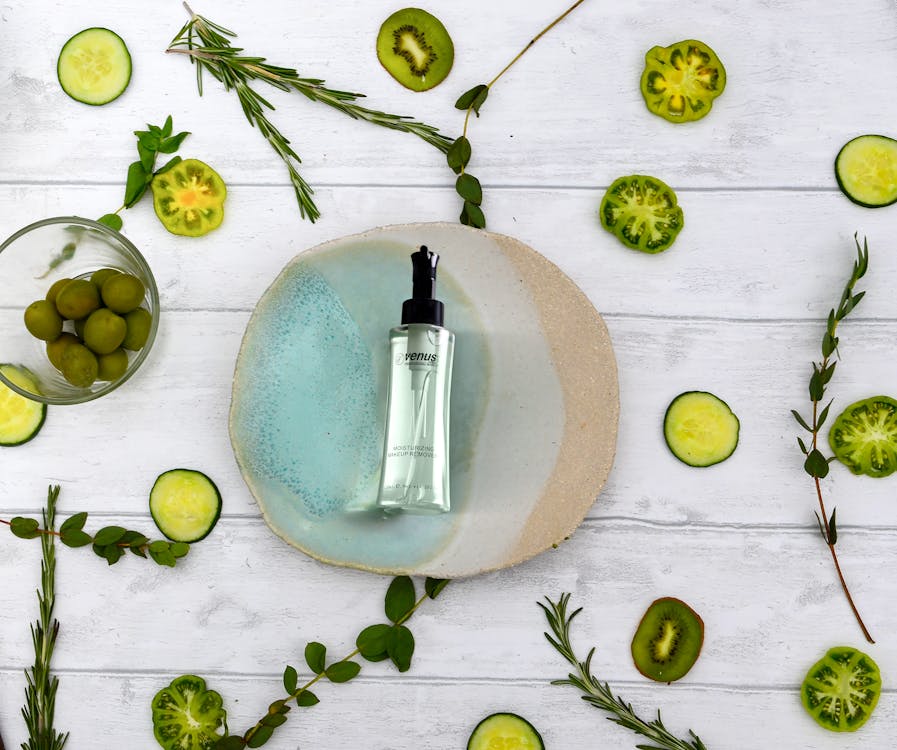
Don’ts of Essential Oil Use
While essential oils offer numerous benefits, improper use can lead to adverse effects. Here are critical don’ts to ensure you use essential oils safely:
Do Not Ingest Essential Oils
Ingesting essential oils can be dangerous. Many oils are toxic when taken internally, and consuming them without professional guidance could result in severe reactions, including digestive issues or poisoning.
Unless supervised by a qualified aromatherapist or healthcare professional, avoid consuming oils such as tea tree, eucalyptus, or wintergreen, as these are particularly harmful when ingested.
Avoid Using Undiluted Oils on the Skin
Essential oils are potent and can cause skin irritation or burns if undiluted. Oils like oregano, clove, and cinnamon are especially harsh and can damage the skin when used without a carrier oil.
Even mild oils, such as lavender or tea tree, should always be diluted before application. A 1-3% dilution ratio is generally safe, but further reduce the concentration for sensitive skin or facial applications.
Steer Clear of Photosensitive Oils Before Sun Exposure
Citrus-based essential oils, like lemon, bergamot, and grapefruit, are photosensitive and can cause skin burns or pigmentation when exposed to sunlight. If you apply these oils to your skin, avoid direct sunlight for at least 12 hours to prevent irritation. Always check the label for sun-sensitivity warnings before using citrus or other photosensitive oils.
Don’t Use Essential Oils Around Eyes or Mucous Membranes
Essential oils can irritate sensitive areas like the eyes, mouth, and other mucous membranes. Even diluted, they may cause severe discomfort or burns if they come into contact with these areas. If exposure occurs, rinse immediately with water and seek medical help if irritation persists.
Never Use Essential Oils on Damaged or Broken Skin
Applying essential oils on open wounds or broken skin can lead to irritation, delayed healing, or infection. Even diluted, essential oils can be too harsh for damaged skin. Instead, allow the skin to heal before using any oils topically.
Avoid Essential Oils Near Infants, Young Children, and Pets
Essential oils like peppermint, eucalyptus, and tea tree can harm children and pets, causing respiratory issues or toxicity.
Avoid using essential oils in rooms where infants or animals are present, and always consult a paediatrician or veterinarian before introducing oils to your home environment.
Do Not Mix Essential Oils With Chemical Products
Mixing essential oils with synthetic products like chemical-based lotions or perfumes can lead to unpredictable reactions and reduced effectiveness. These combinations may irritate the skin or cause adverse side effects.
Always use natural carrier oils and products designed specifically for essential oils.
By adhering to these safety guidelines, you can minimise risks and safely enjoy the benefits of essential oils. Proper knowledge and caution are key to making aromatherapy a safe and effective part of your wellness routine.

Safety Precautions and Usage Limits
To maximise the benefits of essential oils while avoiding potential hazards, following safety precautions and understanding usage limits is crucial.
Mind the Usage Duration and Frequency
Essential oils are potent, and prolonged use can cause adverse effects. Limit your exposure to essential oils by following recommended duration guidelines. For example, it’s ideal to limit sessions to 30-60 minutes and not exceed two to three times daily when diffusing. For topical application, limit usage to a few times weekly to prevent sensitisation.
Follow Guidelines for Sensitive Populations
Pregnant women, elderly individuals, and those with underlying health conditions should take extra precautions when using essential oils. Pregnant women, especially in their first trimester, should avoid oils like rosemary, clary sage, and cinnamon, which may cause uterine contractions. The elderly or those with chronic conditions should consult healthcare professionals before incorporating essential oils into their routines.
Proper Disposal of Essential Oils
Essential oils should be disposed of correctly as they can be hazardous. Never pour them down the drain as they can contaminate water systems. Dispose of oils according to local hazardous waste guidelines or consult a pharmacy on safe disposal methods.
Store Essential Oils in Safe, Accessible Places
Essential oils should be stored in a cool, dark place, as sunlight can degrade their potency and alter their chemical structure. If you have children, store them in a secure area, out of reach. Proper storage extends the shelf life and reduces the risk of accidental ingestion.
Tips on How to Use Essential Oils Safely at Home
Use Essential Oils in Moderation
It’s easy to overuse essential oils, especially when diffusing or adding to baths. Overexposure can lead to dizziness, headaches, or skin irritation. Keep usage moderate and always follow manufacturer guidelines for safe amounts.
Be Mindful of Allergic Reactions
Allergic reactions can occur even with diluted essential oils. Be vigilant about any signs of irritation, such as redness, itching, or swelling. If any of these occur, discontinue use immediately and wash the area with soap and water.
Use Personal Protective Equipment (PPE)
Use gloves to prevent accidental contact when handling concentrated essential oils, especially those known for causing skin irritation (e.g., peppermint or clove). This is particularly important for those who blend or handle essential oils frequently.
Final Thoughts
Essential oils are powerful and beneficial when used correctly. Adhering to these extended safety tips will help you avoid common mistakes and ensure your experience remains positive and therapeutic.
For those new to aromatherapy, starting with milder oils like lavender or chamomile can be safer while you learn how your body reacts. By gradually exploring and always prioritising safety, you can integrate essential oils into your lifestyle confidently and effectively.
For further reading and more detailed guides on safe essential oil use, visit reliable resources such as the National Association for Holistic Aromatherapy (NAHA) or consult trusted healthcare professionals and certified aromatherapists.


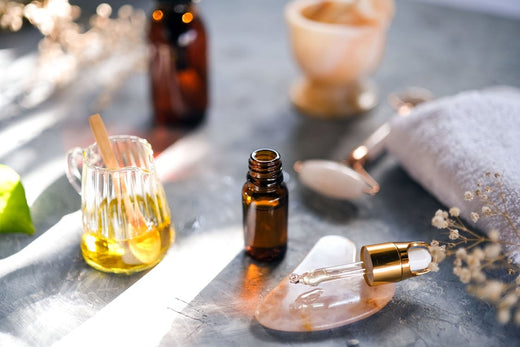
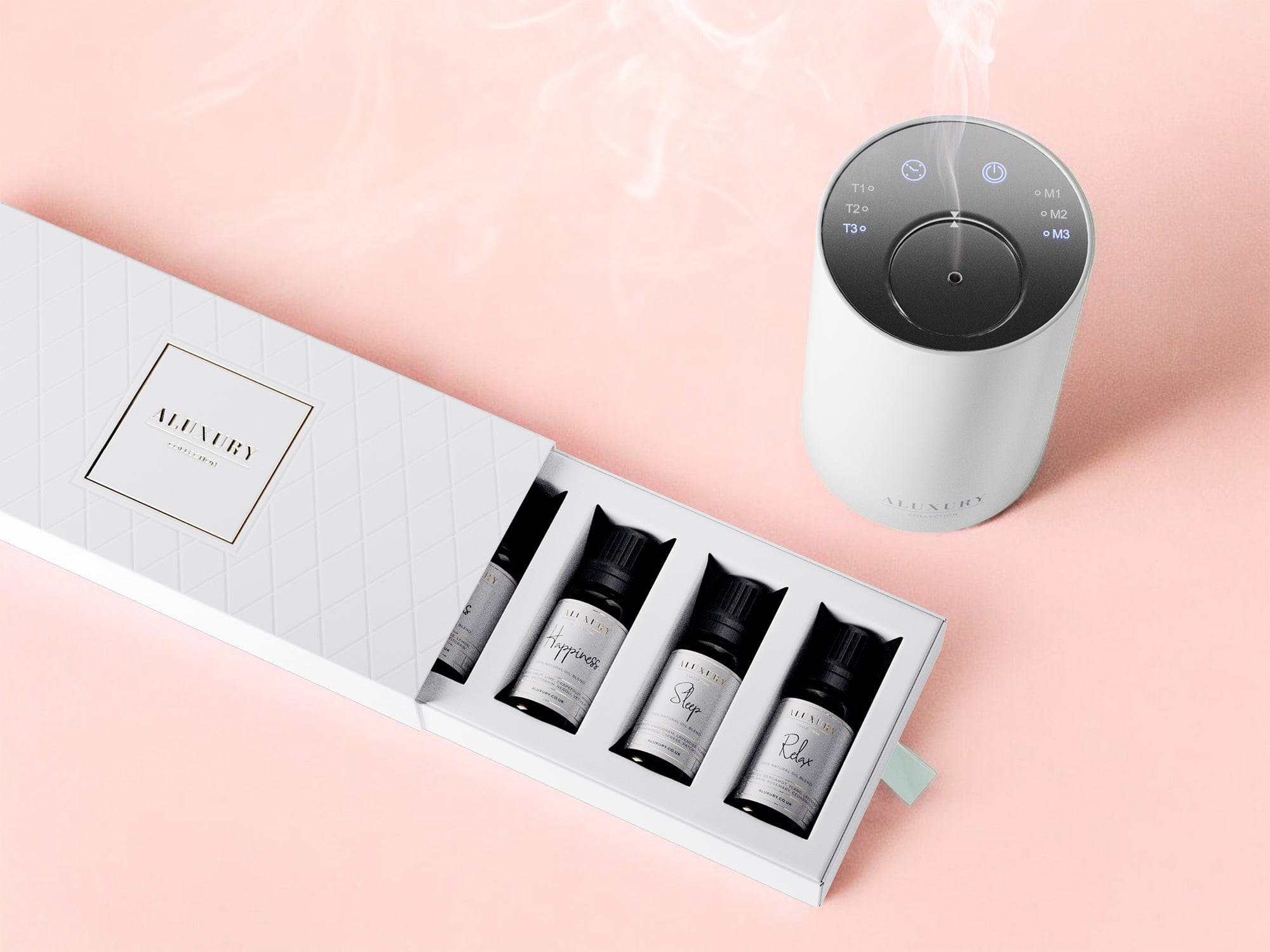
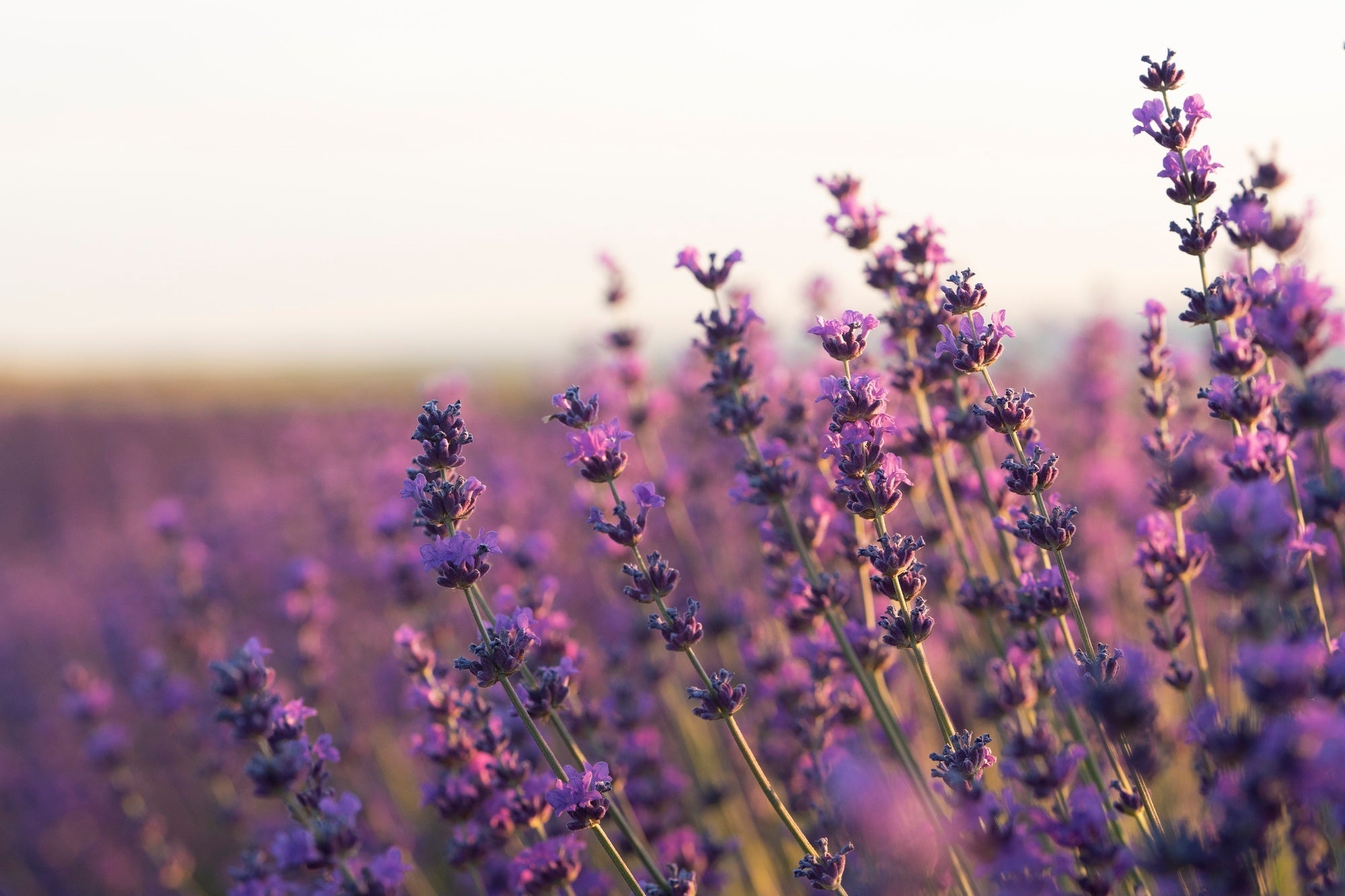
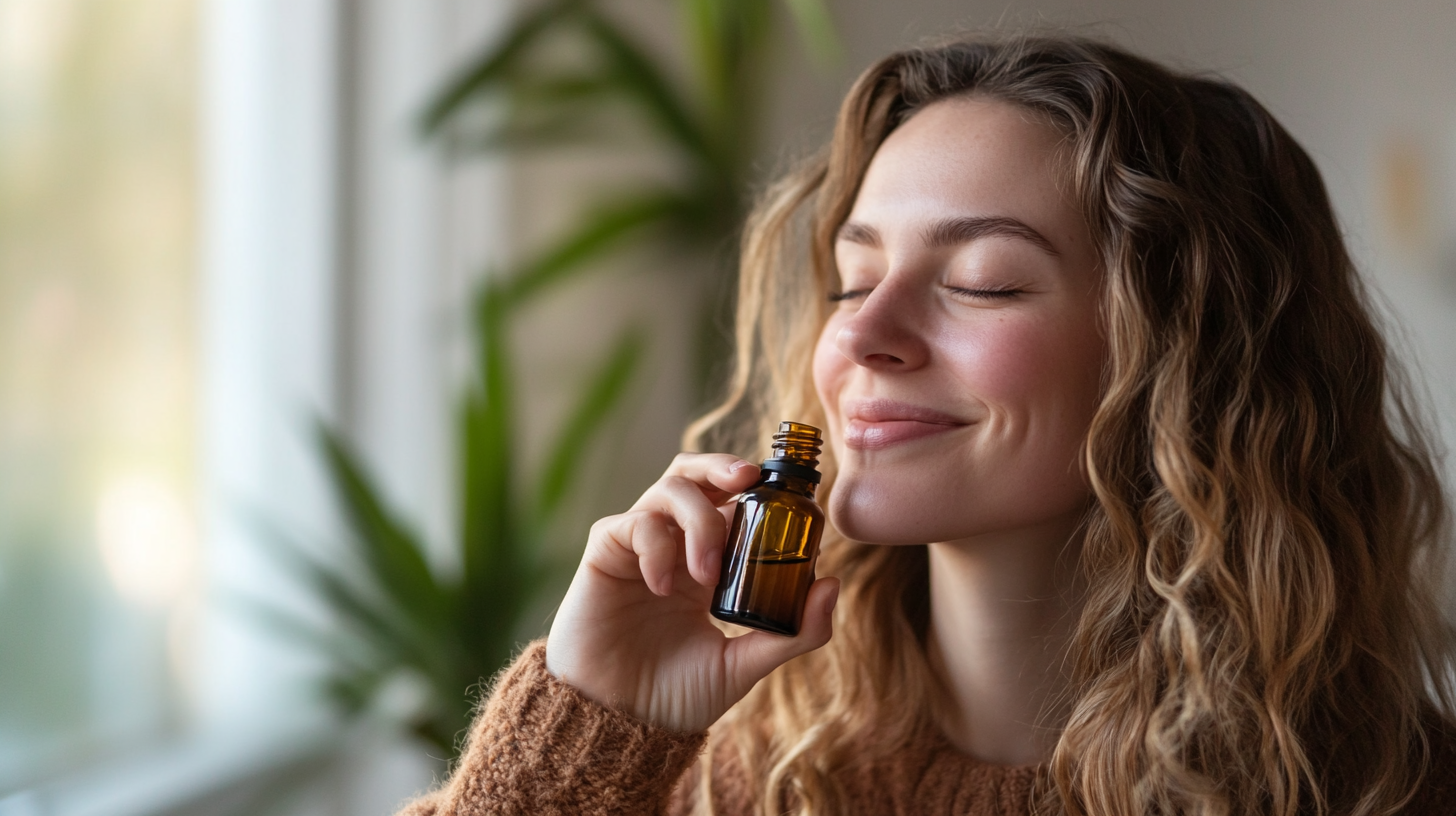
Share: